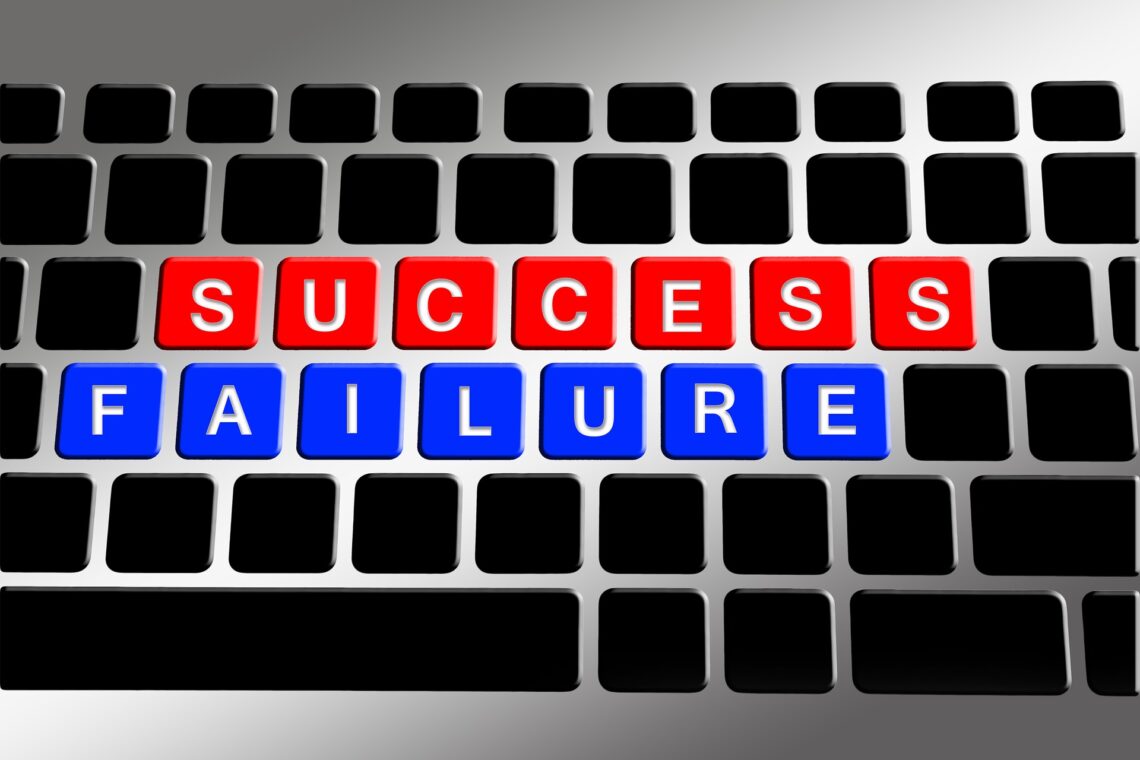
The False Dichotomy Between Success and Failure – They Are Not Opposite of Each Other
“Success consists of going from failure to failure without loss of enthusiasm.” Author and Harvard professor Sarah Lewis mentioned this famous Churchill quote in her book The Rise: Creativity, the Gift of Failure, and the Search for Mastery while making a case for mastery and continuous improvement over those milestones we revere so greatly.
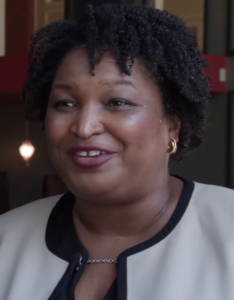
Recently Stacy Abrams gave us a masterclass on turning failure into powerful learning. After her highly contested, narrow-margin defeat in the 2018 gubernatorial race, she focused on organizing at the grassroots level. Two years later, it resulted in Joe Biden’s historic win in Georgia. Abrams captured the process in her book (After the loss) “I’ve made myself really think through: Why did it hurt? But, more importantly, what can I do with that hurt?”… “Does it galvanize me, or does it serve as a warning that this isn’t for you? And sometimes that’s the answer. Sometimes the pain is a teacher that says, ‘Don’t do that again.’ And sometimes it’s a teacher that says, ‘This is for you. You just need to try it a different way and try harder.'”
The visible milestones of success (recognition/awards) often give an illusion that it is a linear process. And if there were twists and turns, it was because of inefficiencies. We see our failures closely but other’s successes from far. This discrepancy leads to an incorrect assessment of the process. Not every effort would generate the expected outcome – in nature, millions of pollens are generated while only a fraction ends up creating fruits.
My Story Behind an Award
Recently the picture of my 2014 PTSA Golden Apple award showed up as a Facebook memory. The story behind it was not entirely straightforward as one would imagine from the award picture. As a volunteer, I joined the PTSA board for my daughter’s elementary school in 2010-11. I wanted to integrate into the local community and educate myself about the culture. During the board meetings, I mainly listened to understand what was important to them and how they conducted their day-to-day business. Coming from a different culture/country, many of those conversations sounded foreign to me; I didn’t expect too much from myself.
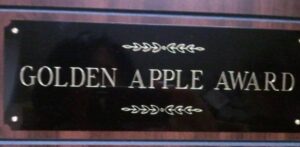
One day, the topic was the school newsletter. The parent volunteer running the newsletter said it was getting harder for her to continue the responsibility. The weekly deliverable was becoming a constraint for her. Everyone empathized with her pain and decided to make the newsletter bi-monthly instead of weekly to reduce her workload. While I was all for making things more sustainable for the volunteers, that decision sounded like we pushed the problem instead of solving it. I couldn’t just sit quietly. I asked the board to give me two weeks to understand the issue more deeply. They agreed. I had no clue what the final solution should be. I had never worked on a newsletter before; mass email distribution systems like Constant Contact and Mailchimp were not on my horizon.
During those two weeks, I tried to understand the current process and talked to the people involved. I found that the problem lay in multiple places – in the core technology and the workflow. During the next few months, I talked to the stakeholders, researched ideas, got stuck, got frustrated, came back with new ideas, and eventually created a prototype using Constant Contact. I devised a new workflow and a team model addressing the pain points. In the next two years, the volunteers in my team learned, grew, and eventually took more significant leadership roles, including the board president. In 2014, when I was getting ready to leave as my daughter was moving to middle school, they surprised me with the award.
Long story short, I was curious about a problem; I took responsibility, went deeper, understood, and contributed. I learned and built the solution iteratively, enduring a fair amount of confusion, conflict, and everything in between. But, unfortunately, the outside world saw it as a small marker on the timeline – a ceremony, a certificate, and an award.
I wonder if my little award has such a story behind, what other stories are hiding under those big success milestones and accolades! Using the archery metaphor, If we only care about hitting the target in the shortest time possible and aren’t interested in the messy process of learning and growth, we may set ourselves up for bigger disappointments. And that would be the real failure.
This article was originally published in Dec 2020.


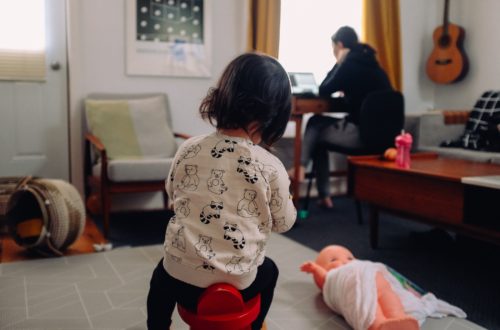
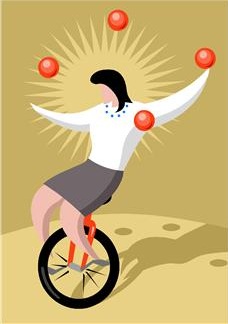

2 Comments
Fauzia Khan
Good write up, Sharmin Banu!
Tahmina Huq
What an inspiring story! All we need is the courage to move forward and try out! What are we going to lose! Maybe people laugh at us if we can’t do the work as expected (if there is any). but the experience learned/ earned during the process of trying is tremendous. The learning is priceless! It reminds me that failure is a part of learning as same as success. Thank you for writing this.